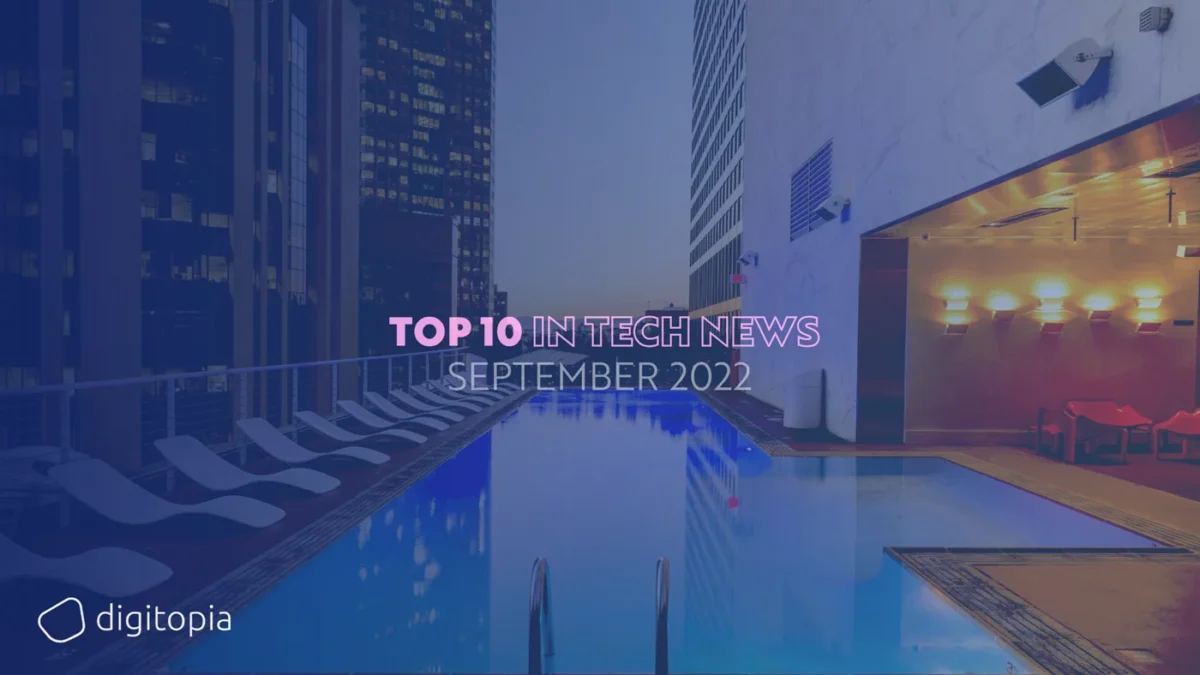
1. Bitcoin has crashed 68% from its peak
Since their peak in November, the prices of digital currencies have plunged dramatically, igniting a new “crypto winter”—a prolonged period of reduced pricing. However, Edith Yeung, a general partner at Race Capital, predicted a “warm winter” since it would drive out those in the sector who were only in it for the short term.
But the cryptocurrency industry has been beset by liquidity problems and the collapse of important firms like Celsius and hedge fund Three Arrows Capital.
source: cnbc
2. Amazon is shutting down its telehealth service, Amazon Care
The retail giant is making a significant retreat in its attempts to enter the health care industry by shuttering its telemedicine program, Amazon Care.
Amazon’s head for Amazon Health Services, Neil Lindsay, said in a corporate email on Wednesday that the program would be discontinued after December 31. After deciding it wasn’t “the ideal long-term solution for our enterprise customers,” Lindsay wrote in the message, which was originally published by GeekWire, the e-commerce behemoth made the decision to make the change.
As a test program for staff members in and around the company’s Seattle headquarters, Amazon Care was introduced in 2019. It’s unclear how much traction Amazon Care had gained.
source: cnbc
3. Apple and Meta headsets could face a big challenge: Sticker shock
The upcoming year could finally see the industry’s promise to make head-worn gadgets the next significant development in personal computing come true with the introduction of mixed reality headsets from Apple and Facebook parent company Meta.
One significant potential problem exists, though: sticker shock.
According to IDC, the $400 Meta Quest 2 virtual reality headset, which is currently the best-selling model, will control 78% of the growing VR industry by 2021. Consumers will need to spend far more if they want the latest technologies.
source: cnbc
4. Nato investigates hacker sale of missile firm data
NATO is evaluating the effects of a hacking gang selling sensitive military documents that were compromised online. The information contains designs for the weapons that NATO countries are using in the conflict in Ukraine. After acquiring information related to a significant European armament manufacturer, criminal hackers are now selling the dossiers.
There is a lot of overclassification inside NATO, but these labels do matter, according to a former NATO officer. They are used by the person who created the material, and NATO SECRET is not used carelessly. “Nato really doesn’t want this kind of information out there in the public,” he said.
source: bbc
5. Undeclared pools in France uncovered by AI technology
The discovery of thousands of unregistered private swimming pools in France has brought the French tax authorities an unexpected windfall. Over 20,000 underground pools were found after an artificial intelligence (AI) experiment. They have generated about €10 million (£8.5 million) in revenue, according to French media. Because they increase property value, pools can result in higher property taxes and are required to be declared under French law.
During a trial in October 2021, the software—which was created by Google and the French consulting firm Capgemini—found the pools on aerial photographs of nine French districts.
source: bbc
6. Roomba acquired by Amazon
The maker of the well-known Roomba vacuum, iRobot, has reached an agreement to be acquired by Amazon.
The two businesses disclosed the all-cash transaction, which was valued at roughly $1.7 billion, including debt. The agreement, which needs to be approved by shareholders and authorities, could increase Amazon’s selection of robotics products and strengthen its position in consumers’ homes.
After introducing the original Roomba in 2002, iRobot went on to create other iterations of robotic vacuums, mops, and air purifiers that will now be included in Amazon’s product line.
The purchase signifies Amazon’s entry into the home automation sector on a new front. So that people have a single location to monitor and manage several activities and duties, Amazon will integrate goods like the Roomba into the Alexa and Prime ecosystems.
source: CNN
7. Owners of ApeCoin are now able to buy the renowned luxury brand, Gucci’s goods through Bitpay.
The renowned Italian clothing company declared this week that it will add the ApeCoin (APE), which is linked to the Bored Ape Yacht Club, to its list of available payment methods, but only through BitPay. In other words, Gucci will allow you to sell your APE for US dollars and then use the money to shop at its stores.
The action was taken months after Gucci announced that it will accept 12 cryptocurrencies in exchange for payment at more than 100 North American retail locations. Bitcoin (BTC), Ether (ETH), Dogecoin (DOGE), and other cryptocurrency owners may now exchange their virtual assets for a $5,000 GUCCI tote bag.
Aside from accepting cryptocurrency payments, Gucci unveiled two nonfungible token (NFT) collections this year, including the SUPERGUCCI NFT line in February.
8. Spin Technology has raised $16 million to help protect SaaS applications from cyber-attacks.
Spin Technology, a provider of data protection software to businesses, raised $16 million in a Series A round led by Blueprint Equity. The round was also supported by Santa Barbara Venture Partners and Blu Venture Investors.
Most businesses use third-party apps to extend their cloud-based software services. In reality, companies today rely on 89 SaaS applications on average, up 24% since 2016. However, while these apps can help organizations offload work normally done by internal teams, they can also expose them to attacks.
Spin is a security program, powered by #AI, that scans SaaS apps for malicious content. It uses an algorithm and database of known malicious apps and browser extensions
source: techCrunch
9. Decentraland is launching the world’s first metaverse ATM
Decentraland is launching the world’s first metaverse ATM, which will allow users to exchange digital assets and tokens.
The developers say that the ATM is supposed to make the user’s experience easier. Just as in real life, an ATM will dispense cash when you use it.
Banks are also getting involved in the concept of the metaverse. J.P. Morgan and HSBC announced their future plans in the metaverse and HSBC is collaborating with the virtual gaming platform Sandbox.
According to a new report by DappRadar, the crypto market crash hasn’t had a big impact on blockchain and metaverse games, which have seen a 9.51% increase in the second quarter of 2022.
source: indianexpress
10. Google is launching “Simplicity Sprint”
Google is launching a new program called “Simplicity Sprint” in an effort to make its employees more efficient and improve their focus during an uncertain economic situation.
Pichai introduced a “Simplicity Sprint” initiative to get user feedback on ideas for quicker product development. “Sprint” is commonly used in software development and tech startups to describe short, focused steps towards a common goal.
Google will apply this methodology to increase its employee efficiency, and get feedback to increase its productivity.
The human aspect is the most important (and most undervalued) dimension of the digital transformation process. Changing the culture of working, the habits, and the mindset of an organization while making people feel good about themselves is priceless. It is the most crucial success factor for any change program.

